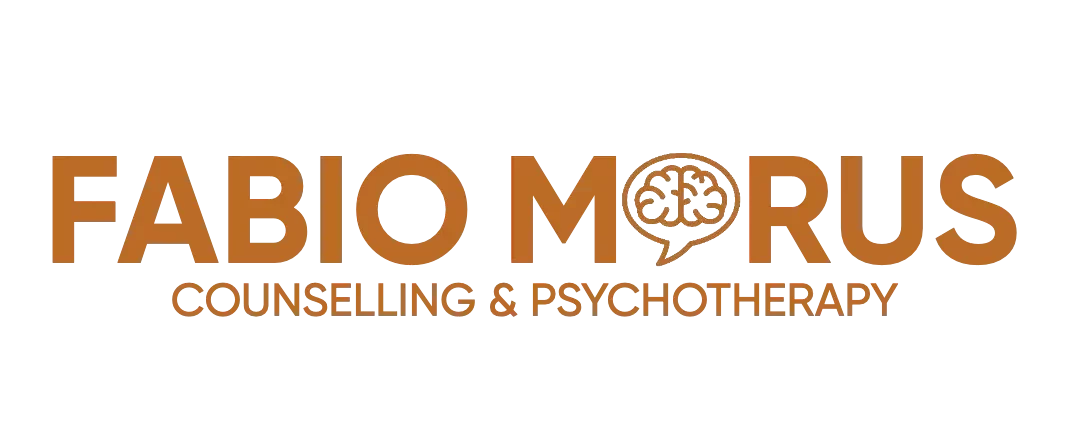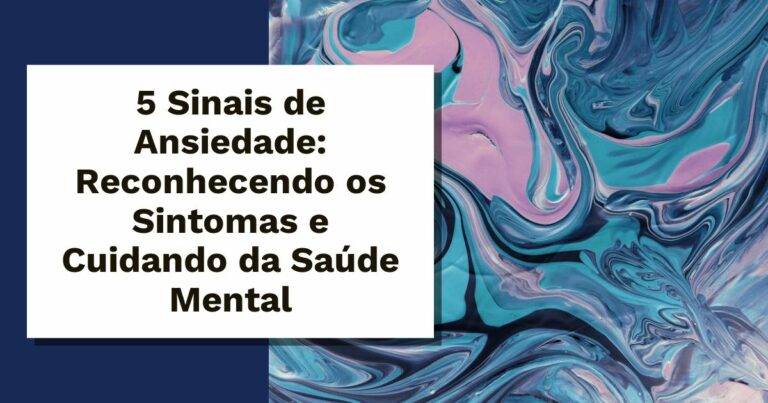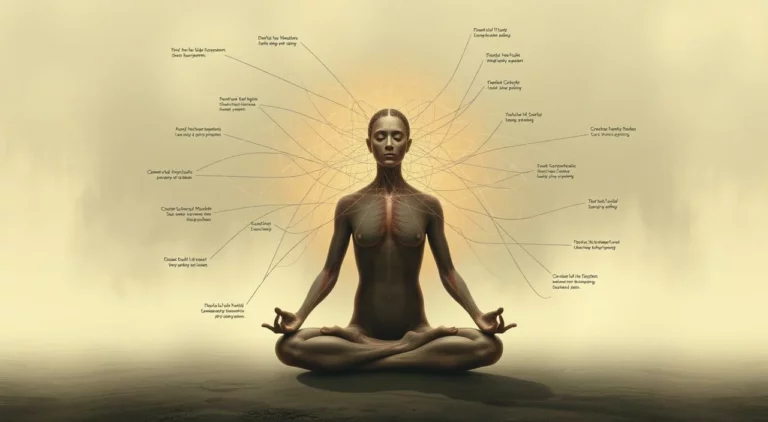Medo de injeção fobia: 7 Dicas Práticas Para Superar
Você já adiou exames ou tratamentos importantes por medo de injeções? A tripanofobia pode ser um grande desafio. Ela impede que muitas pessoas cuidem bem da saúde.
O medo de injeções afeta milhares de brasileiros. Cerca de 10% da população mundial tem fobia, incluindo o medo de injeções.
Boas notícias! Há estratégias práticas para superar o medo de vacinas e procedimentos médicos. Este artigo vai mostrar 7 técnicas poderosas para mudar sua experiência com injeções.
Nosso objetivo é dar um guia completo para enfrentar o medo de injeção fobia. Cada dica foi escolhida para ajudar quem tem esse medo comum.
Prepare-se para uma jornada de superação e autocuidado. Vamos aprender juntos a lidar com a tripanofobia de forma segura e eficaz!
Leia Mais
O que é o medo de injeção fobia e suas características
O medo de agulhas, também chamado de tripanofobia, é uma condição psicológica complexa. Afeta milhares de pessoas. É uma ansiedade intensa e irracional que surge com objetos pontiagudos, especialmente agulhas.
Diferenças entre aicmofobia e tripanofobia
Existem duas fobias importantes no medo de objetos pontiagudos:
- Aicmofobia: Medo de objetos pontiagudos em geral
- Tripanofobia: Medo específico de agulhas e injeções
Prevalência do medo de agulhas na população
Estudos mostram que 10 em cada 100 pessoas têm medo de agulhas. Essa fobia pode variar muito, afetando pessoas de todas as idades.
| Característica | Detalhes |
|---|---|
| Prevalência | 10% da população |
| Grupos mais afetados | Crianças e adultos sensíveis |
| Impacto | Pode limitar cuidados médicos |
Principais gatilhos e situações desencadeadoras
Os gatilhos para o medo de agulhas incluem:
- Ver objetos pontiagudos
- Estar em ambientes médicos
- Esperar por procedimentos com injeções
- Experiências traumáticas do passado
A fobia de agulhas pode causar fraqueza, tontura e desmaios. Isso é uma resposta do corpo para situações de grande angústia.
Origens e causas do medo de injeção

Entender o medo de injeção ajuda a saber por que ele existe. Esse medo vem de várias fontes. Ele está ligado a experiências pessoais e a como nossos corpos reagem ao mundo.
Explorando as Raízes Psicológicas
Os traumas na infância são muito importantes para o medo de injeção. Experiências médicas ruins na juventude podem deixar marcas duradouras. Essas marcas podem durar até a idade adulta.
- Memórias de procedimentos médicos traumáticos
- Narrativas negativas sobre injeções transmitidas por familiares
- Sensibilidade aumentada à dor durante a infância
Perspectiva Evolutiva do Medo
O medo de injeção pode ter surgido como uma proteção antiga. Nossos ancestrais evitavam objetos pontiagudos para não se machucar. Isso ajudava na sobrevivência.
- Mecanismo de defesa contra objetos perfurantes
- Resposta instintiva de autoproteção
- Memória genética de possíveis ameaças
Um em cada 10 pessoas tem aicmofobia. Isso mostra que o medo de injeção é comum. Cultura, experiências pessoais e genética influenciam essa fobia.
Compreender o medo de injeção ajuda a superá-lo. Isso pode mudar a experiência de medo para algo mais gerenciável.
Sintomas físicos e emocionais da fobia de agulhas
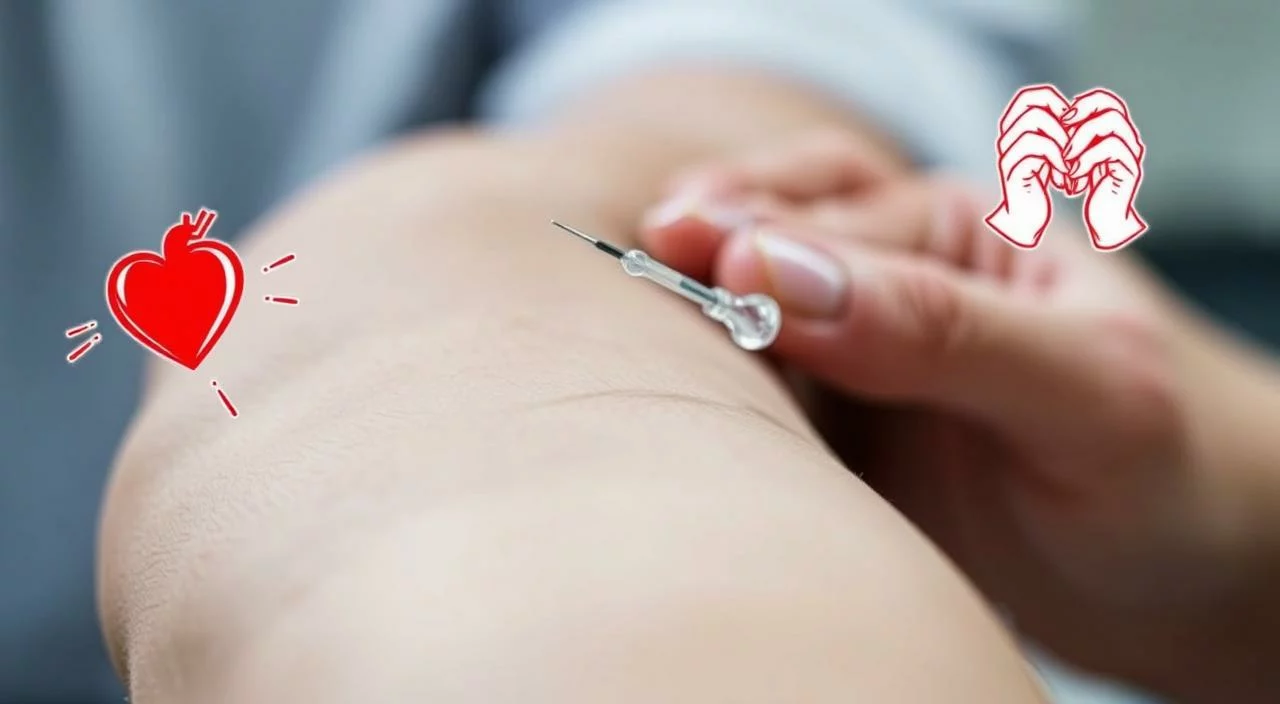
A fobia de agulhas traz muitos sintomas que afetam muito a vida das pessoas. Cerca de 10% do mundo tem esse medo. Eles sentem várias coisas físicas e emocionais.
Manifestações Físicas Comuns
Os sintomas de fobia de agulhas incluem várias reações físicas fortes:
- Taquicardia acelerada
- Sudorese excessiva
- Tremores involuntários
- Tontura e desequilíbrio
- Possibilidade de desmaios
Reações Psicológicas e Comportamentais
A ansiedade pela fobia de agulhas causa muitas reações emocionais fortes:
- Ataques de pânico intensos
- Medo irracional persistente
- Comportamentos de evitação
- Sensação de impotência
Quando os Sintomas se Tornam Preocupantes
Os sintomas de fobia de agulhas precisam de atenção quando:
- Interferem significativamente na rotina diária
- Impedem a realização de procedimentos médicos essenciais
- Causam isolamento social
- Geram sofrimento emocional prolongado
Recomenda-se buscar ajuda profissional quando os sintomas de ansiedade e as reações físicas comprometem a qualidade de vida e o bem-estar pessoal.
Impacto na saúde e qualidade de vida
O medo de injeção afeta muito a saúde e a vida das pessoas. Essa fobia não é só um desconforto. Ela afeta muito o bem-estar físico e emocional.
As consequências do medo de injeção são muito ruins. Muitas pessoas não fazem exames médicos importantes. Isso pode atrasar o diagnóstico e o tratamento.
- Adiamento de exames de sangue
- Recusa de vacinações importantes
- Negligência com check-ups médicos regulares
O impacto na saúde aparece de várias maneiras. A resposta vasovagal pode durar até dois dias. Isso causa muito cansaço e fraqueza.
| Consequências Físicas | Consequências Emocionais |
|---|---|
| Alterações hemodinâmicas | Ansiedade generalizada |
| Pressão arterial desregulada | Isolamento social |
| Instabilidade fisiológica | Sintomas depressivos |
Segundo a Organização Mundial da Saúde, 9,3% dos brasileiros têm transtornos de ansiedade. Isso mostra a importância de tratar fobias como o medo de injeção.
A vida de quem tem essa fobia pode ficar muito difícil. É essencial que os profissionais de saúde ajudem essas pessoas.
Medo de injeção fobia: aspectos psicológicos

O medo de injeções é muito mais que uma simples reação. Entender o que acontece dentro de nós pode ajudar a superar esse medo.
Mecanismos do medo e ansiedade
O sistema nervoso é essencial para o medo de injeções. Quando vemos algo que nos assusta, nosso corpo reage de várias maneiras:
- Ativação do sistema nervoso simpático
- Liberação de hormônios do estresse
- Aumento da frequência cardíaca
- Sudorese e tremores
Processamento Neurológico das Reações Fóbicas
A resposta de fight or flight ativa partes do cérebro. O córtex cingulado anterior é crucial para processar emoções de medo.
| Região Cerebral | Função nas Reações Fóbicas |
|---|---|
| Amígdala | Processamento emocional e detecção de ameaças |
| Hipocampo | Memória e contextualização do medo |
| Córtex Pré-frontal | Regulação emocional e controle de respostas |
Compreender esses mecanismos ajuda a lidar melhor com o medo de injeções. Isso permite uma abordagem mais consciente e controlada.
Técnicas de relaxamento e autocontrole
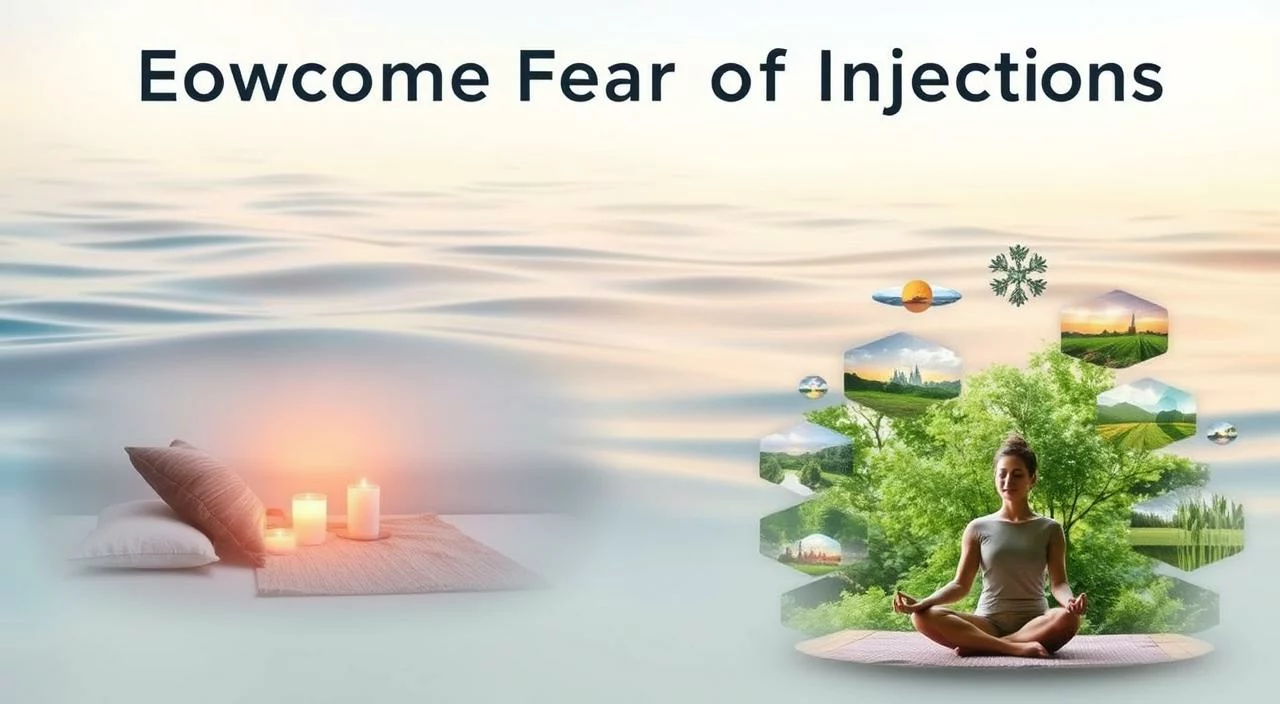
Superar o medo de injeção exige técnicas de relaxamento. Praticá-las regularmente ajuda a controlar as emoções. Isso diminui a ansiedade que vem com procedimentos médicos.
- Meditação: Prática que acalma a mente e reduz a ansiedade
- Yoga: Combinação de respiração e posturas físicas para relaxamento
- Respiração controlada: Técnica para acalmar o sistema nervoso
- Visualização guiada: Imaginação de ambientes tranquilos
O relaxamento muscular progressivo é muito útil. Esta técnica envolve contrair e relaxar os músculos. Isso ajuda a soltar a tensão física.
| Técnica | Benefícios para Autocontrole | Tempo de Prática |
|---|---|---|
| Meditação | Redução da ansiedade | 10-15 minutos diários |
| Yoga | Equilíbrio emocional | 30-45 minutos |
| Respiração Profunda | Acalmar sistema nervoso | 5-10 minutos |
Praticar essas técnicas pode mudar sua reação emocional a injeções. Comece com sessões curtas. Depois, aumente o tempo conforme se sentir mais à vontade.
Tratamentos profissionais disponíveis

Quando o medo de injeção fica muito forte, há tratamentos que podem ajudar. Eles usam várias terapias para diminuir a ansiedade. Isso ajuda as pessoas a enfrentar o medo.
Terapia Cognitivo-Comportamental
A terapia cognitivo-comportamental (TCC) é muito usada. Ela ajuda a mudar pensamentos negativos e a aprender a controlar emoções. Assim, as pessoas aprendem a lidar melhor com o medo.
- Identificar pensamentos negativos associados a injeções
- Modificar padrões de pensamento irracionais
- Desenvolver técnicas de controle emocional
- Construir mecanismos de enfrentamento saudáveis
Dessensibilização Sistemática
A dessensibilização sistemática também é muito importante. Ela ajuda o paciente a se acostumar com situações que antes o assustavam. Isso é feito com a ajuda de técnicas de relaxamento.
Os passos principais incluem:
- Aprendizado de técnicas de relaxamento
- Criação de uma hierarquia de situações geradoras de medo
- Exposição progressiva e controlada
- Desenvolvimento de respostas de enfrentamento mais adaptativas
Estudos indicam que 80% dos pacientes com fobias podem ser curados com tratamentos psicológicos. A escolha do tratamento depende da gravidade da fobia e das características pessoais de cada um.
Estratégias práticas para enfrentar o medo
Superar o medo de injeção é um grande desafio. Mas, com as estratégias certas, essa experiência pode se tornar mais fácil.
Desenvolver técnicas eficazes ajuda a diminuir a ansiedade. Isso torna os procedimentos médicos mais tranquilos.
Técnicas de Respiração para Acalmar o Sistema Nervoso
As técnicas de respiração são muito poderosas. Elas ajudam a controlar a ansiedade e acalmar o sistema nervoso.
- Respiração profunda e lenta
- Respiração diafragmática
- Contagem de ciclos respiratórios
- Foco na expiração
Estratégias de Distração
A distração é uma técnica eficaz para diminuir o medo. Algumas opções são:
- Ouvir música
- Conversar com o profissional de saúde
- Usar dispositivos eletrônicos
- Praticar visualização positiva
Exposição Gradual ao Medo
A exposição gradual é essencial para superar o medo. Comece com pequenos passos:
- Observar imagens de agulhas
- Visitar ambientes médicos
- Conversar com profissionais de saúde
- Participar de sessões de simulação
Apoio Profissional
Buscar ajuda de um terapeuta especializado é muito importante. Eles oferecem orientação e técnicas para superar o medo de injeção.
| Estratégia | Benefícios |
|---|---|
| Respiração | Reduz ansiedade e controla reações físicas |
| Distração | Desvia a atenção do procedimento |
| Exposição Gradual | Diminui o medo progressivamente |
| Apoio Terapêutico | Oferece estratégias personalizadas |
O papel do suporte familiar e profissional
O suporte da família é muito importante para superar o medo de injeção. Familiares próximos criam um ambiente seguro e acolhedor. Isso é essencial para quem tem essa fobia.
A união entre paciente, família e profissionais de saúde é fundamental. Ela ajuda a criar um apoio essencial para o tratamento. O apoio de profissionais qualificados permite criar estratégias de enfrentamento personalizadas.
- Compreensão empática dos sintomas
- Acompanhamento durante procedimentos médicos
- Técnicas de relaxamento compartilhadas
- Ambiente de confiança e segurança
Profissionais de saúde podem ajustar suas abordagens para reduzir o estresse. A comunicação aberta e respeitosa é crucial para construir confiança.
Grupos de apoio são espaços seguros para compartilhar experiências. Eles ajudam a superar fobias. Essas comunidades oferecem suporte emocional e dicas práticas para enfrentar o medo.
A combinação de suporte familiar, apoio profissional e terapia pode mudar a vida de quem tem medo de injeção.
Conclusão
Superar o medo de injeção melhora muito a vida e o bem-estar. Quem tem essa fobia pode mudar sua visão sobre os procedimentos médicos. Isso acontece com o auxílio de técnicas psicológicas e apoio de profissionais.
As técnicas de dessensibilização e terapia cognitivo-comportamental são muito eficazes. Cerca de 7% a 10% das pessoas do mundo têm medos fortes. Saber que não está sozinho ajuda muito na saúde mental.
Tratar esse medo não é só superar um obstáculo. É abrir as portas para cuidados médicos importantes. Buscar ajuda profissional e usar técnicas de relaxamento ajudam muito. Isso ajuda as pessoas a se sentirem mais seguras em locais de saúde.
O caminho para superar o medo é pessoal e leva tempo. Com o apoio certo, é possível usar o medo como uma chance de crescer e se conhecer melhor.
? Que tal marcar uma sessão gratuita de 20 minutos com o Fabio Morus Terapeuta? Ele pode ajudar você a dar o primeiro passo para uma vida mais leve e equilibrada. Clique aqui para agendar!
Links de Fontes
| Título | Descrição | Link |
|---|---|---|
| Aicmofobia – Medo de Agulhas e/ou Injeção | Informações sobre a aicmofobia, suas causas, sintomas e formas de tratamento. | Buzzy Medical |
| Aicmofobia – Wikipédia | Definição da aicmofobia, suas características e tratamentos disponíveis. | Wikipédia |
| Como lidar com o medo de agulha? | Estratégias e técnicas para superar o medo de agulhas, incluindo terapias recomendadas. | LabVW |
| Aicmofobia: saiba como lidar com o medo de agulha | Artigo que aborda os sintomas da aicmofobia e como lidar com essa fobia em situações clínicas. | Estado de Minas |
| Aicmofobia: como superar o medo de agulhas! | Dicas e estratégias para lidar com a aicmofobia e melhorar a experiência em procedimentos médicos. | Synlab |
| Fobia a agulhas: entenda as suas causas e como tratá-la | Explicação sobre as causas da fobia de agulhas e sugestões de tratamento. | Marjan |
| Aicmofobia: como lidar com o medo de agulha – Santa Clara | Técnicas para controlar o medo de agulhas e a importância do suporte profissional. | Laboratório Santa Clara |
| Medo de agulha? Entenda a aicmofobia | Discussão sobre as origens do medo de agulhas e como superá-lo com dicas práticas. | eCycle |
